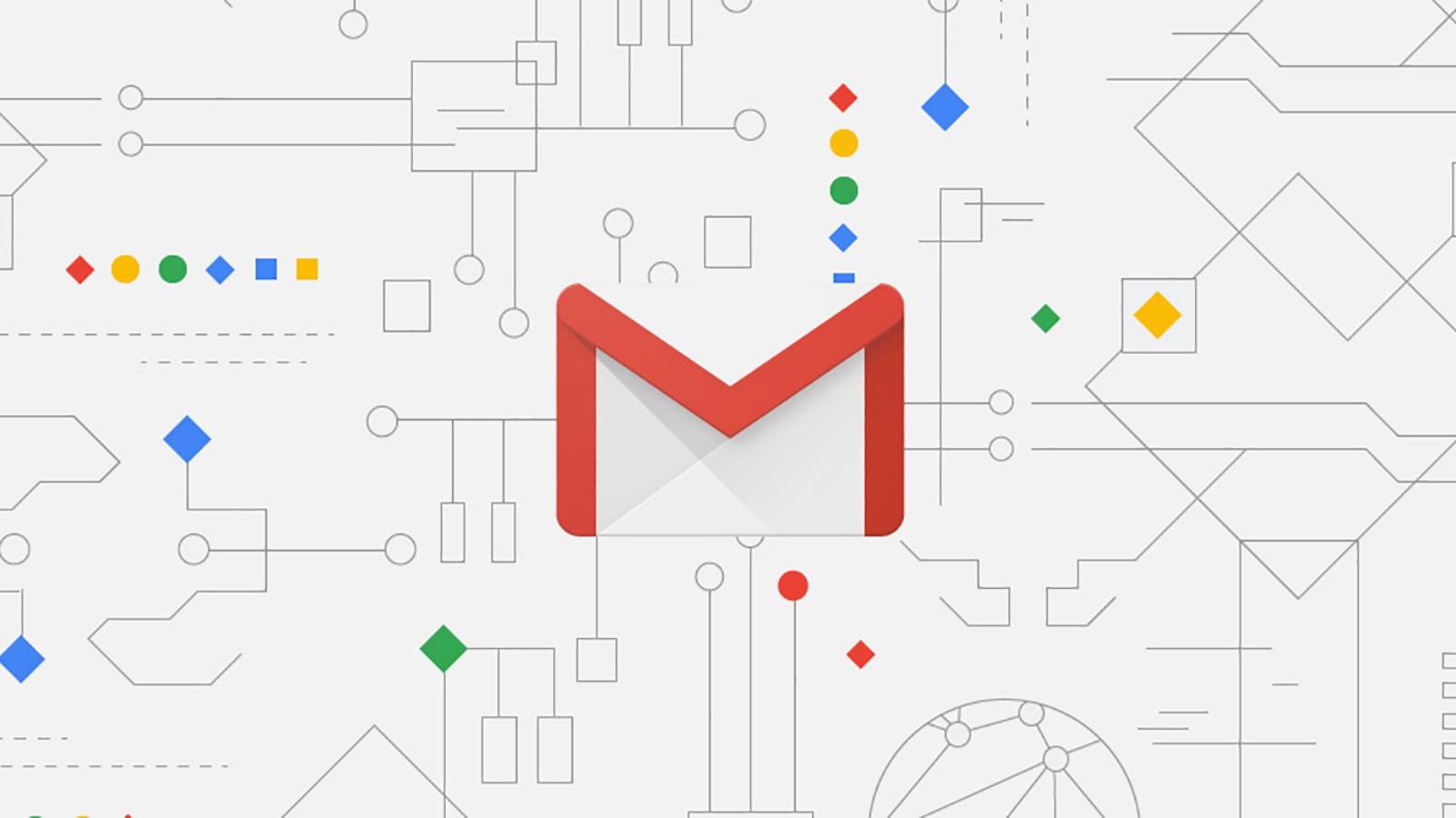GMAIL este cea mai mare platforma de email de pe planeta, compania Google incercand sa le ofere utilizatorilor din intreaga lume toate motivele sa se foloseasca de ea pentru a interactiona cu alte persoane folosind acest sistem.
GMAIL are parte de 11 schimbari pe care cei de la Google le-au anuntat acum pentru platforma G Suite, insa ele vor ajunge inclusiv in versiunea pentru utilizatorii din intreaga lume in viitorul nu chiar atat de indepartat.
GMAIL are anuntate de catre compania Google urmatoarele modificari:
- Odată ce un participant este ejectat, acesta nu va mai putea încerca să se alăture din nou aceleiași întâlniri bătând din cap, dacă gazda nu îi va invita.
- Dacă o solicitare de lovire de la un utilizator a fost refuzată de mai multe ori, utilizatorul va fi automat blocat să nu mai trimită mai multe solicitări pentru a se alătura întâlnirii.
- Cu ajutorul încuietorilor de siguranță, gazdele pot decide ce metode de alăturare (prin invitație de calendar sau telefon, de exemplu) necesită utilizatorilor să obțină aprobarea explicită pentru a se alătura.
- Blocarea blocărilor de siguranță va bloca toți utilizatorii anonimi (utilizatorii care nu s-au conectat într-un cont Google) încearcă să se alăture unei întâlniri și va aplica cerința ca gazda să se alăture mai întâi, de exemplu.
- Încuietori specifice de siguranță permit gazdei să controleze nivelul de interactivitate al participanților la întâlnire. Blocarea chat-ului și blocarea actuală vor permite gazdelor să controleze ce participanți pot discuta și prezenta în cadrul întâlnirii.
- Extindem protecțiile puternice pe care le-am construit în cadrul Gmail la Chat. Dacă un link vă este trimis prin chat, acesta va fi verificat în timp real de la Navigarea sigură și va fi marcat dacă se constată că este rău intenționat.
- În următoarele săptămâni, veți putea să raportați și să blocați camerele de chat dacă suspectați o activitate rău intenționată într-una.
- Profitând de semnalele de securitate din Chat, precum și de restul G Suite, detectăm și limităm automat conținutul abuziv. De exemplu, invitațiile pentru spam pot fi clasificate ca spam și, în unele cazuri, blocate automat.
- Am reproiectat pagina dispozitivelor din consola de administrare G Suite pentru a include o navigare mai intuitivă pentru gestionarea dispozitivelor și pentru a afișa rapid numărul de dispozitive gestionate de fiecare serviciu.
- De asemenea, lansăm integrarea noastră cu Apple Business Manager (fost DEP) pentru a oferi G Suite Enterprise, G Suite Enterprise Essentials, Cloud Identity Premium și G Suite Enterprise for Education admin capacitatea de a distribui și administra în mod simplu și sigur Apple deținută de compania dispozitive iOS.
- Administratorii pot utiliza acum controale automate de gestionare a drepturilor informațiilor (IRM) pentru a preveni exfiltrarea datelor, blocând utilizatorii finali să descarce, să imprime sau să copieze documente, foi și diapozitive Google Drive care conțin conținut sensibil.






















